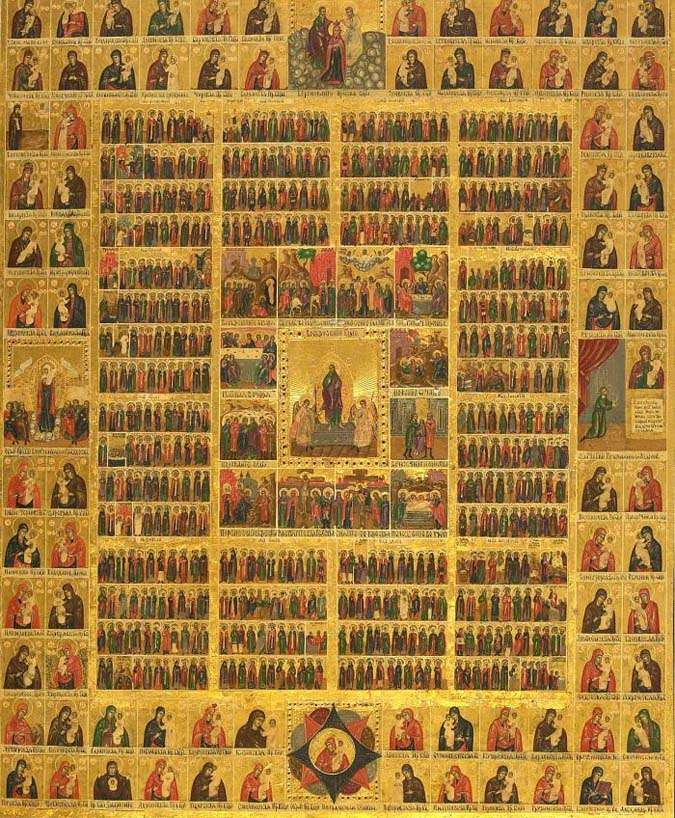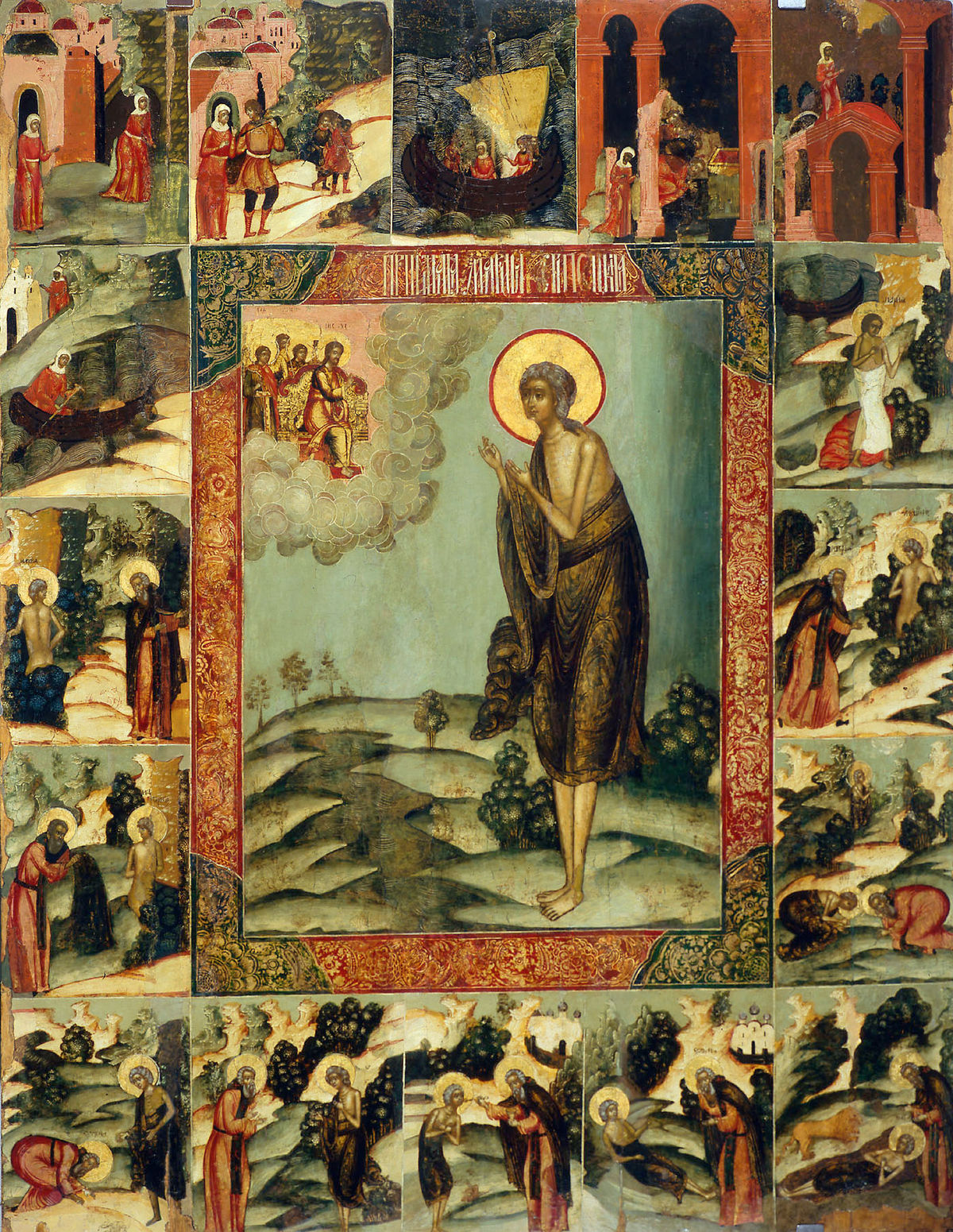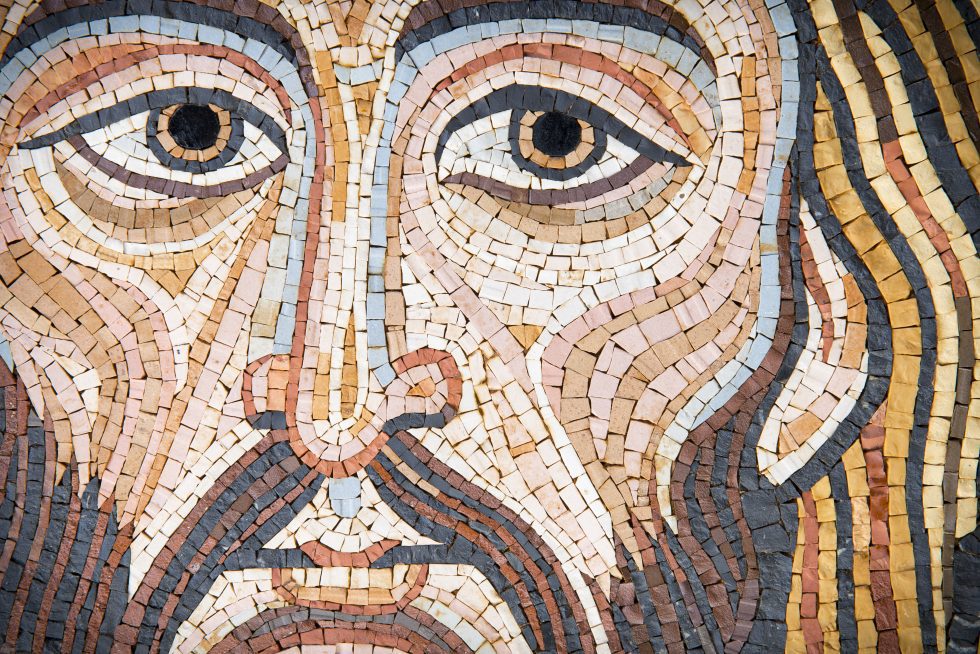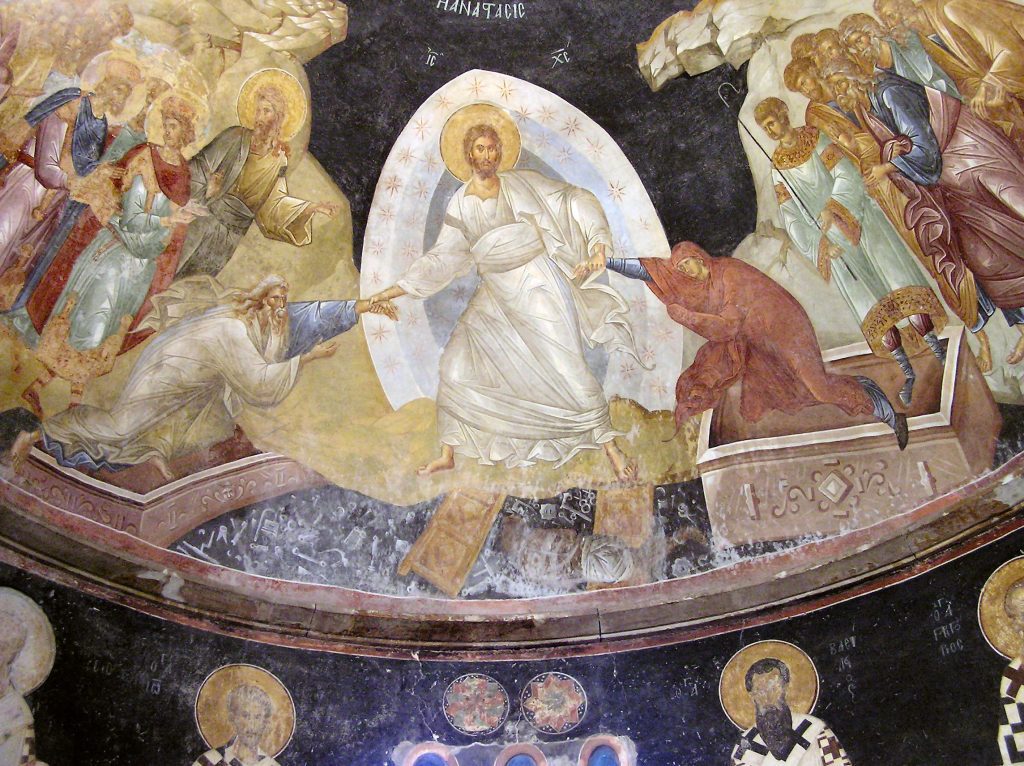
By Mihail Markasev
I heard they’re fighting over Charles Manson’s cold, dead body. There’s great interest in this lifeless relic of recent history—a judge will decide who will wheel away Manson’s frigid corpse. But the real story is what happened to Charlie’s soul, as he skidded toward the shadowy land from which there is no return.
Don’t get me wrong, many people cared about Manson’s soul while he was still among the living: during the long years we did together in Corcoran, I’ve lost count of the letters Charlie got from sincere and godly Christians, who shared Bible verses with him, prayed for him, and begged him to surrender his heart to Jesus. Many of these letters—chipped away from Manson’s amount of fan mail—he would hand to me, as though I was responsible for returning them to God.
It’s not that Charlie hated God; he just wondered what was the point of “receiving Jesus” when his Spirit-filled and zealous Holiness Nazarene Grandma Nancy had already “dedicated” the seven-year-old Charles to the Lord somewhere in the shadow of Appalachian backwoods? Besides, during his sixty-plus years of institutional living, Charlie thought that he had seen all there was to see of Christianity: the shameless hypocrisy of his professing uncles, the vicious abuse in the Christian homes for boys where he spent most of his youth, the open greed of the preachers he encountered, the duplicity of prison converts who spoke of Jesus while denying Him with their lives… This, at least, is what he told me himself.
It’s impossible to detail every conversation about life, death, Jesus, and the afterlife we shared, living side-by-side in our tiny concrete aquarium. The thing about prison is that there is no place to hide; whatever you are and whoever you try to be will surface sooner or later. You get to see the best and the worst in men, sometimes at once. With time, I came to know Charlie as a person—not as the public persona he projected through the kaleidoscope of media outlets and books written about him.
And, as happens to older men in prison, there came a day when Charlie had trouble breathing and was rushed out of our unit in an ambulance, not to be seen again on this side of eternity by men with whom he had shared his last twenty years.
No, he didn’t die. Not yet. For the next three years Charles Manson was being digested in the antiseptic bowels of Corcoran’s acute care hospital, in a wing which is akin to a junkyard for ships that sail no more. Sandwiched between other dying inmates, Charlie’s company was a handful of guards and janitors, as he was pushed through a conveyor belt of doctors and nurses, who medicated one of America’s most notorious prisoners as life ebbed out of him. But just as it says in the Holy Bible, “For we must needs die, and are as water spilt on the ground, which cannot be gathered up again; neither doth God respect any person; yet doth he devise means, that his banished be not expelled from him” (2Sam 14:14).
The church fathers say that God does no miracle until all human resources have been exhausted. Only after everyone had finished preaching to Charlie did he begin to listen to God in the silent solitude of a hospital cell. As weeks turned into months and years, strange things started to happen. Out of the blue, a no-nonsense sergeant said that Manson is refusing all his mail because he gave his life to Jesus. I was used to Charlie’s outrageous tomfoolery (for instance, he often told me that he didn’t believe in death, to which I’d say that despite his unbelief, death would still feast on him). But I never heard Charlie joke about being Christian; this was rather unusual.
So, when in doubt, send a scout: I asked my supervisor, one of Corcoran’s chaplains, to check up on Charlie and see what’s really going on with him. As it was with the spies sent to the Promised Land, our chaplain came back with a conflicting report: Manson told him to go away. This sounded like the Charlie I knew. The chaplain went away, but he returned the following week, and then the next one.
Suddenly, the report went from conflicting to unbelievable. Apparently, Manson was asking the guards to forgive him for his antics, and he asked the chaplain to pray for him—saying he was sorry for what he had done—and to come back and visit again. Very unlike Charlie. Remember, I’ve seen “The Charlie Manson Show” play out before me over and over with anyone who’d give him the time of day. He was an equal opportunity offender, and would never be lost for words with guards, administrators, journalists, visitors, preachers coming to “the belly of the beast” from other states, and the list goes on. I’ve witnessed his conduct in the presence of bishops, priests, and chaplains. Charles seldom missed the chance to leave a lasting impression worthy of an award-winning actor. But here, it appears, his acting career—like his life—was coming to a close.
He became very humble, he was prayerful, and thoroughly broken. And as King David reminds us, “A broken and a contrite heart, O God, thou wilt not despise” (Ps. 51:17). Charlie’s shaky steps towards repentance and restoration of a conscience-turned-to-ashes were a distant echo of our numerous discussions over the years. He knew that I cared about him, and was patient with me when I told him that all God requires of him at this point is a renunciation of his false legacy (in his heart of hearts Manson knew that his radical environmentalist stance was but a convenient stage-prop for self-aggrandizement; he admitted he didn’t want to disappoint the people who “believed” in him), a humbling of his soul before the Lord, and seeking of forgiveness from those he had wronged. Yes, it was an extraordinarily long list, but Charlie’s feeble efforts were sincere and came at a time when he had nothing to gain.
Essentially, in the eleventh hour of his life he was doing what is so hard for any of us to do; admit that his life had been a lie, and that the only truth worth keeping was his reconciliation with God and neighbor.
This turn came when no one could possibly “take credit” for converting Manson. God alone had led His lost sheep into the wilderness of secret communion—and away from the world’s prying gaze—and spoke to his heart in a mysterious manner, provoking the desire to cultivate fruit worthy of repentance.
Gone were the theatrics of years past. Gone was the venomous gibberish of a callous guru. Gone was the half-baked environmentalist radicalism, upon which Manson had built his internet citadel. The only thing left was the shriveled spectrum of a sick man, who stood on the threshold of death, seeking company and prayer as he prepared to meet his Maker. And there, by his death-bed, stood Christ in the face of chaplains who prayed with the dying man. There were the unintended answer to the countless prayers uttered by Christians who reached out to Manson throughout the decades of his mad ravings. The chaplains were the final seal of Grandma Nancy’s dedication of Charles to Jesus almost seventy years before. After all, as a wayward sheep, that’s how long Charles Manson spent trying to wiggle out of the Good Shepherd’s loving hands.
The Gospel is a perpetual scandal to the world: Christ is contsantly “eating with sinners” (Matt. 9:10-13), provoking righteous indignation from those who enjoy assigning seating arrangements in heaven and hell. Many had considered the things Charles Manson said and did during his life, and had consigned him to a special place in hell, neglecting the fact that there is only One who has the power to separate the sheep from the goats (James 4:12; Matt. 25:31-46). I’m sure that it was no less of a scandal when the thief who was crucified next to Jesus was promised Paradise by the Lord Himself.
For those of us who have shed innocent blood and are sentenced to rot in prison, we know only that the Redeemer and Conqueror of death and Hades is able to redeem us from the death we willingly embraced and the hell we thoughtlessly unleashed on others, “For the Son of Man is come to seek and to save that which was lost” (Luke 19:10). Few would argue that Charles Manson was lost, but even fewer would admit that God came to seek and save him.
I’m reminded of the wise observation of the evangelist, D.L. Moody, who said that should we make it to heaven we will be struck by three surprises: the first surprise will be that we will not see many of those whom we expected to be there; the second surprise will that we will see many of those whom we didn’t expect to be there; and the third surprise will be that we will be there.
To Manson’s followers, Charlie is something of a guide, a hero, even a Messianic figure. But to us who knew him, who lived with him, cared for him, and prayed for his salvation, he was just Charlie—a scarred soul that needed Christ’s love, and someone who gave himself over to evil because in this life it tends to produce better dividends. At the end, Charlie came to seek the God Who is Good, and Who spent a lifetime seeking Charles. And even while a judge is set to rule on who will get Manson’s body, Charlie sought to make peace with the Son of Man, and committed his soul unto the faithful hands of the only Judge of the living and dead.
“Therefore judge nothing before the time, until the Lord come, who both will bring to light the hidden things of darkness, and will make manifest the counsel of the hearts: and then shall every man have praise of God” (1 Cor. 4:5).






